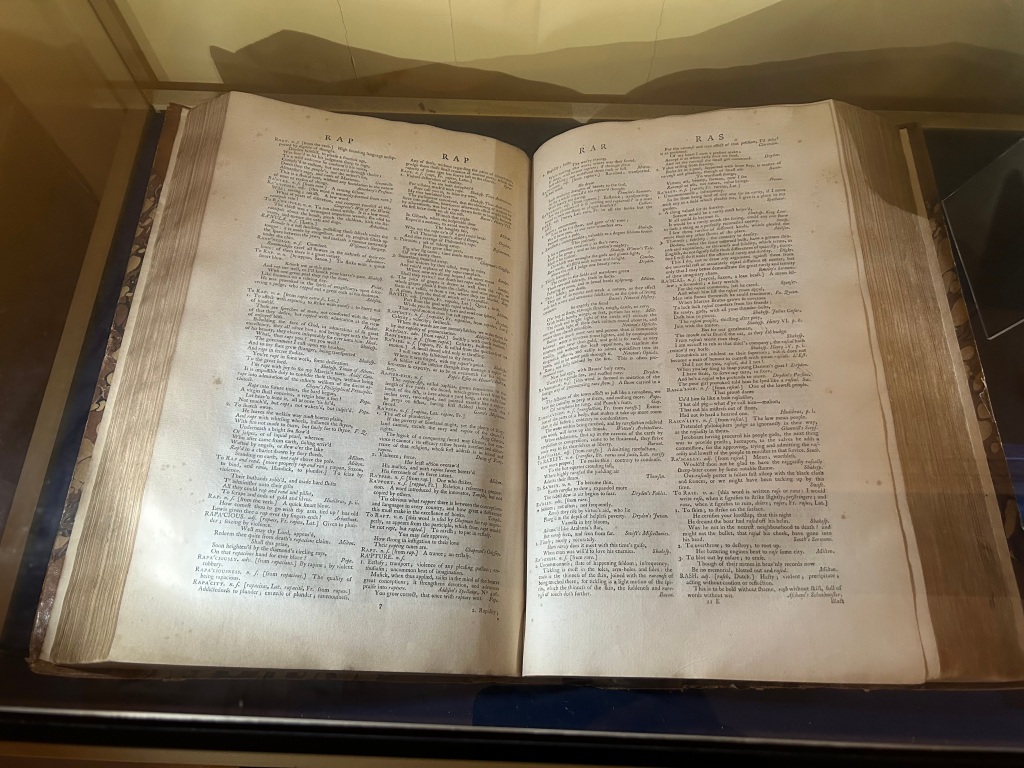Last Wednesday, my world changed. A very dear friend died. The view outside remained colourful but in my heart that colour in an instant became muted. Outside, cars and pedestrians continued to pass by but in my heart, life suddenly became emptier.
My friend’s name was Christine McCrudden. We met at the start of 1996, outside St. Andrew’s Cathedral in Dundee – where I was studying English at the university. I had just told Canon Ken, the parish priest and university chaplain, that I would like to receive instruction with a view to being received into the Church that Easter. He said he knew just the person to help me. I followed him out of the cathedral (I can’t remember now but I presume we were speaking right after Mass), and he introduced me to Christine who happened to be still outside. Christine and I spoke. In the course of our conversation, she mentioned John Henry Newman. You should read him, she said, he would suit you. I took her advice and before long, I had a copy of Newman’s Apologia Pro Vita Sua in my hands. Thus began my interest in and love for the sons of St. Philip Neri.

Within a few days, I (and another person who Christine was instructing) began the course. I can no longer remember when exactly, but I feel certain that it was during these classes that I learnt about the (Discalced) Carmelites for Christine had a deep devotion to the way of St. Teresa of Ávila. As a result, I learnt about Teresa, John of the Cross, Thérèse of Lisieux, and Teresa Benedicta (Edith Stein). Unfortunately, I can’t remember when I received my first Carmelite scapular. I imagine it was, however, a gift from Christine. And what a gift to receive!
Well, Christine instructed me, and, on Holy Saturday, 1996, I was received into the Church. Afterwards, we stayed in touch, meeting every so often for a coffee and a chat. I remained in Dundee until 2000. After I returned to London, Christine and I fell out of touch. There was no particular reason for this. For me, it was one part being a lazy correspondent and another, life: work, etc. But I never forgot her, and she never forgot me. In the 10s we made contact again. And from then on, we exchanged occasional text messages and phone calls. She was a wonderful friend, wise counsellor, and spiritual guide. I received so, so much from her, and I fear gave very little back in return.
I said at the end of the first paragraph that ‘a very dear friend died’. But Christine didn’t die last Wednesday. She actually died on 23rd January this year. How did I not find out until now? That answer is sadly simple: we didn’t really share any other close friends, and I didn’t know her family well. Our friendship was focused on the spiritual life and involved just the two of us. As a result, I would have been the last person for anyone to think about contacting in January. And as it happens, I have no anger, distress, or resentment about that. Rather, I am just grateful that upon seeing a text I wrote to her on Wednesday her husband made time to let me know what had happened. God ordained it thus, and that is enough for me.
But still, the world is now a little less colourful and somewhat more empty. It is also more confusing. One minute I accept that she is gone. The next, that fact seems too strange, too absurd, to be true. How can it possibly be so? Christine was in her 70s but the Christine that I knew was healthy. How gone she be gone?
“And the ship went out into the High Sea and passed into the West, until at last on a night of rain Frodo smelled a sweet fragrance on the air and heard the sound of singing that came over the water. And then it seemed to him that as in his dream in the house of Bombadil, the grey rain-curtain turned all to silver glass and was rolled back, and he beheld white shores and beyond them a far green country under a swift sunrise.”
J.R.R. Tolkien The Lord of the Rings
But, of course, she is not gone; at least, not wholly so. She now lives in the Lord, and so, lives more fully than you or I. She lives in the eternal far green country, in the land of the Risen Son, that one day – please God – I too will enter.
For now, even though her passing forth means that I will no longer hear her kind and ever-encouraging, and ever-loving voice, even though we will no longer be able to say Vespers over the phone together, or just exchange text messages I know that we are not completely separated. Her new life means that just as I pray for her soul, I may also pray to her: talk to her, ask for her prayers and intercessions just as I do the canonised saints. It isn’t the same as speaking to her directly, but the good Lord called her and as hard as it is to accept, He knows what He is about.

As I conclude this post, I ask for your prayers: for Christine, for her husband, B., for her sons and their families, for her friends, and for me. You are assured of mine for you.
St. John Henry Newman – pray for us
St. Teresa of Ávila – pray for us
St. Thérèse of Lisieux – pray for us
St. Teresa Benedicta and John of the Cross – pray for us
















